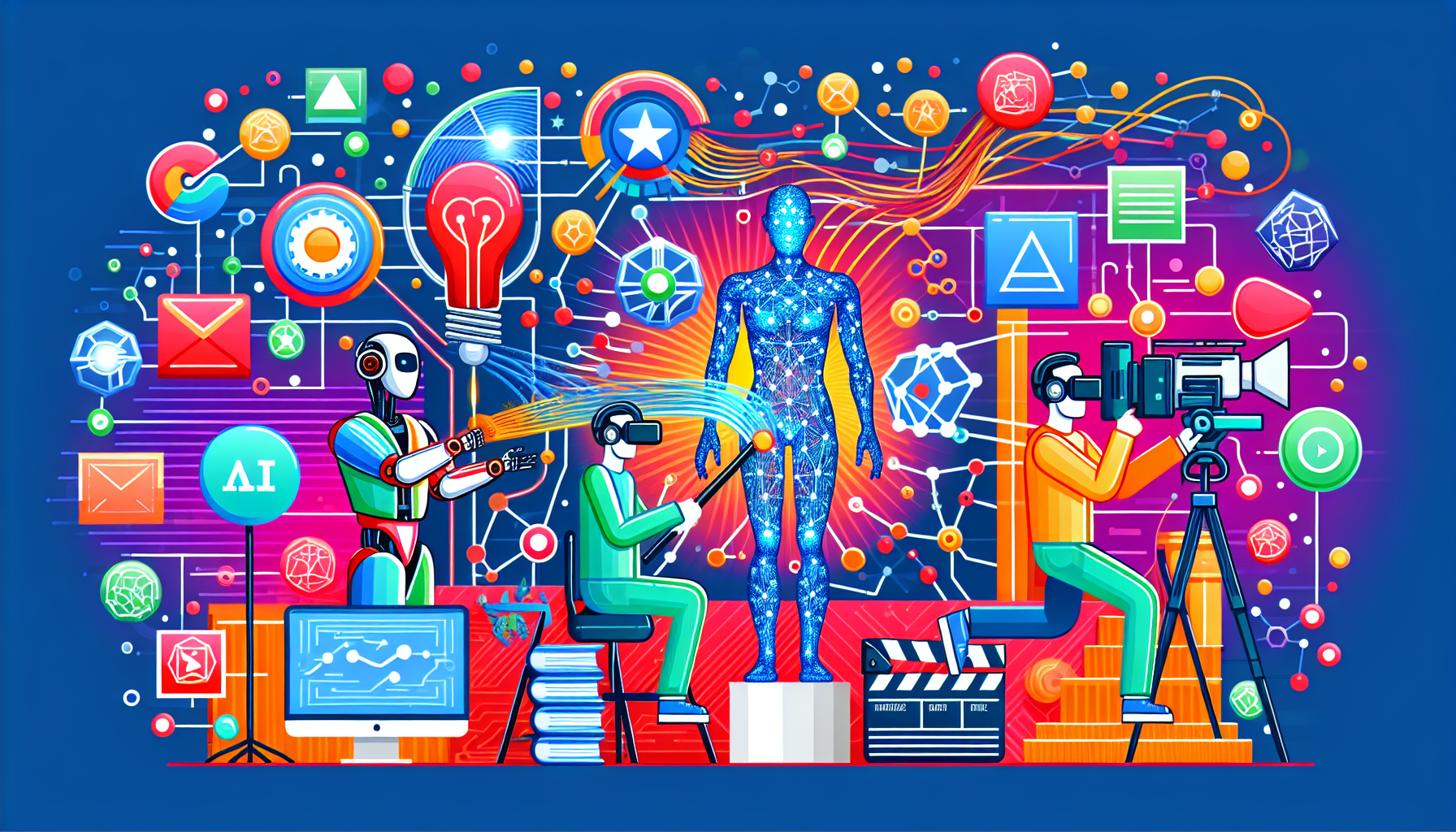
The Rise of Artificial Intelligence in Entertainment
Once upon a time in a land not so far away, artificial intelligence tiptoed into the magical kingdom of entertainment. However, the tale has taken a twist as AI is now dancing in the spotlight, casting shadows over traditional roles. Notably, The Walt Disney Company has launched a grand AI initiative, akin to the grand opening of a brand new theme park ride but without the cotton candy and churros. This technological initiative aims to sprinkle some AI pixie dust on content production, including films and theme park experiences, bringing technology to the forefront while ushering in a new era of storytelling and operational efficiency.
Meanwhile, ITV’s job advertisement for a head of generative AI sparked the kind of concern usually reserved for unexpected cliffhangers. Industry figures shook their heads like a disapproving parent at a child reaching for candy before dinner. Creators like the acclaimed Lisa McGee and Jack Rooke quickly criticized the move, citing ethical concerns and questioning whether artificial intelligence could ever fill the shoes, or perhaps the writer’s chair, of human creativity. They argued that scripted projects are best driven by human experience rather than written by a cold, calculating robot powered by algorithms.
Ethical Quandaries and Creativity Concerns
Among the swirling debates, the specter of ethical and legal issues haunts the industry corridor. AI-generated content has been accused of frolicking a bit too freely in the fields of plagiarism — like that cousin in the family that tries to pass off store-bought cookies as homemade. A specific incident involved an AI chatbot conjuring a movie script by consuming vast archives of human writing and regurgitating it with a few algorithmic flicks of the wrist. This has led to charges of word-borrowing antics which some find, shall we say, villainous?
Adding to the chatter is the fear that human creatives might be politely escorted out of their roles by AI tech, with some analysts suggesting that viewers might soon be composing entire seasons of their favorite shows from the comfort of their couch, equipped only with a remote and a creative itch. While Hollywood writers have rallied around new contracts incorporating guardrails to keep this AI parade in check, concerns linger like a catchy jingle you just can’t get out of your head.
A New Era or a Techno Dystopia?
Disney’s AI endeavor is not just about creating new films; it hints at a wider rethinking of storytelling. This could lead to Disney theme parks where personalized guest experiences are as tailored as Cinderella’s glass slippers. Yet, while technological innovation dazzles and delights like a fireworks show, it brings a sober reflection on the future of job roles within the industry that once seemed as eternal as Sleeping Beauty’s slumber.
Indeed, it’s part of a broader trend across the entertainment industry where AI is embraced with a duality of excitement and caution. Entertainment giants are partnering with AI companies to keep up with the Joneses — or perhaps the Jetsons — ensuring efficiencies and competitiveness. The industry’s leaders, including Disney’s own Bob Iger, purport that AI should be an enabler, a sidekick to creativity rather than the hero, telling even greater stories and whisking audiences away to fantastical lands. Yet, as with any great story, only time will tell whether AI will be a friend or foe in this ongoing narrative of cinematic innovation.






